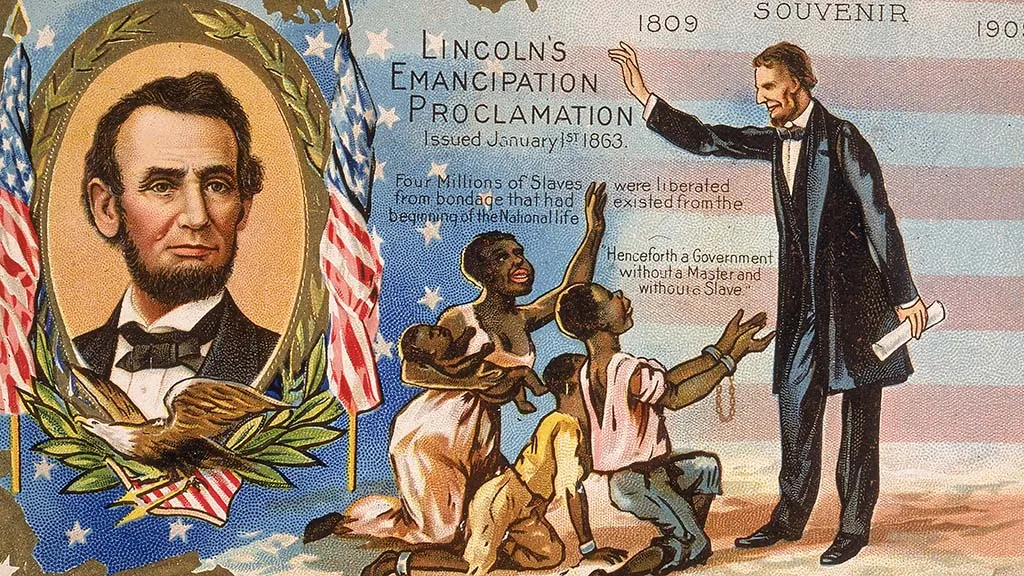On September 22, 1862, Abraham Lincoln made a bold and historic announcement declaring that enslaved people would soon be “forever free.” This preliminary Emancipation Proclamation marked the end of slavery in the United States, set to take effect on January 1, 1863. The announcement was made during the Civil War’s second year, which had proven to be much deadlier than expected. Lincoln claimed controversial war powers in making this proclamation, following the Union victory in the Battle of Antietam just five days earlier.
The Battle of Antietam was a turning point for Lincoln, as it demonstrated that the Union could stand against the Confederate army in the Eastern theater. This victory gave Lincoln the confidence to issue the Emancipation Proclamation at a moment of strength rather than desperation. The proclamation redefined the Civil War, shifting the focus from preserving the Union to ending slavery. It set a decisive course for the nation’s future after the conflict. Despite initially trying to persuade Congress to emancipate enslaved individuals, Lincoln ultimately used his constitutional war powers as commander-in-chief to issue the proclamation.
Lincoln’s announcement was met with controversy and resistance, as not everyone agreed on the existence of his claimed war powers. However, he commanded all persons engaged in the military and naval service of the United States to observe and enforce the pending emancipation of slaves. The Emancipation Proclamation was released in two parts, with the preliminary proclamation on September 22, 1862, and the final proclamation on January 1, 1863. This significant declaration marked a critical moment in American history, as it ended slavery and reshaped the nation after the Civil War.
The Emancipation Proclamation was a defining moment in Lincoln’s presidency and in American history, signaling the end of slavery and the enactment of a decisive change in the nation’s trajectory. The proclamation was made possible by the Union victory at Antietam, which provided Lincoln with the political capital needed to issue such a groundbreaking announcement. While the proclamation faced challenges and opposition, it ultimately paved the way for the abolition of slavery and the restructuring of American society after the Civil War.
Lincoln’s decision to use his executive powers to issue the Emancipation Proclamation showcased his leadership and determination to end slavery in the United States. Despite the ongoing debate and controversy surrounding the proclamation, Lincoln stood firm in his commitment to emancipating enslaved individuals and reshaping the nation’s future. The Emancipation Proclamation remains a testament to Lincoln’s legacy as the “Great Emancipator” and a key milestone in America’s journey towards equality and justice for all its citizens.


